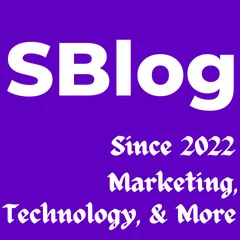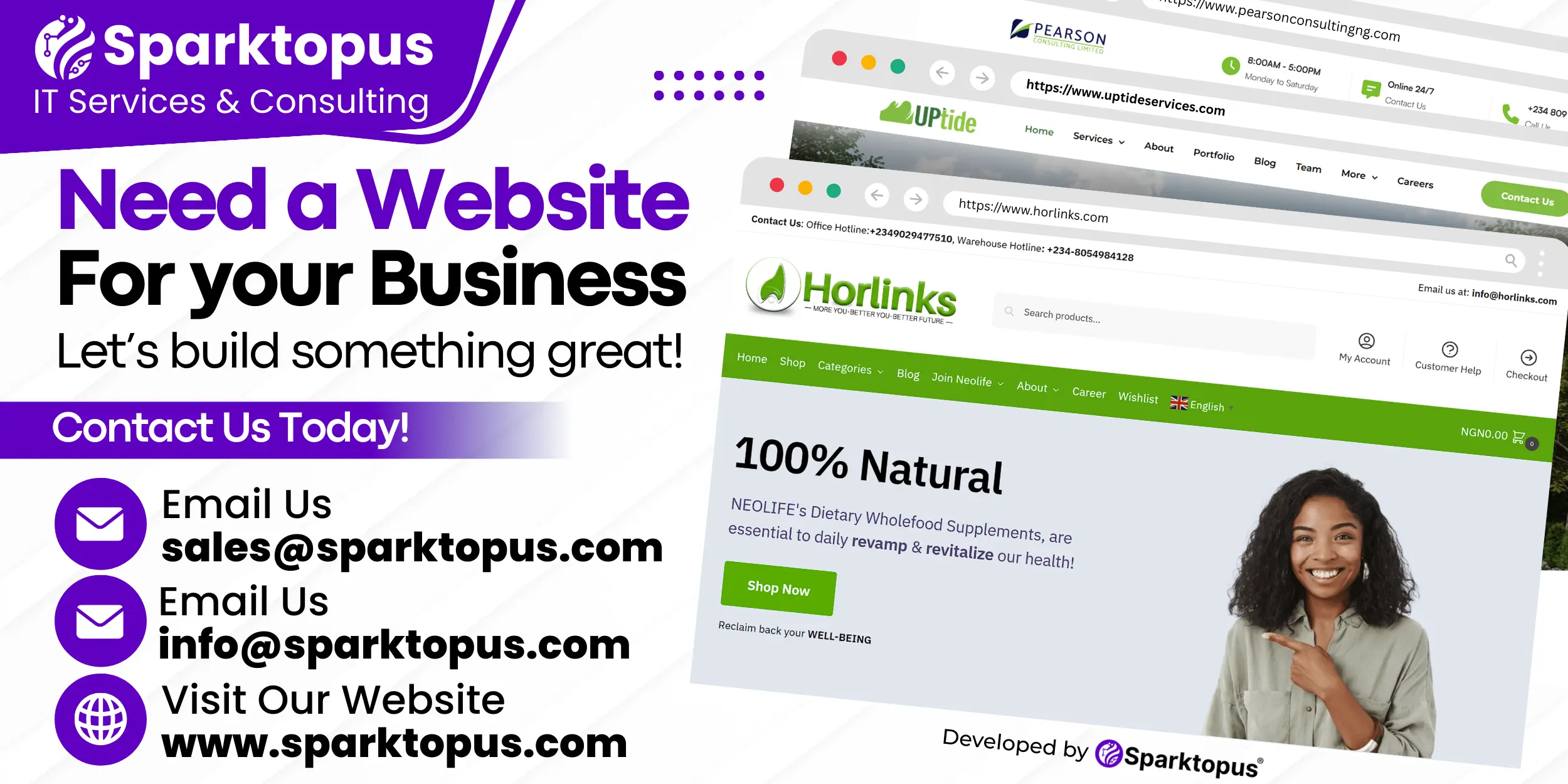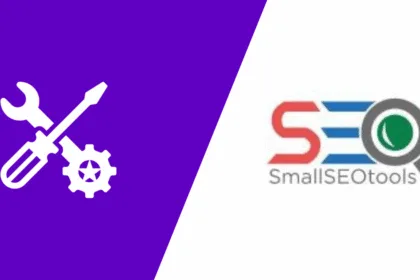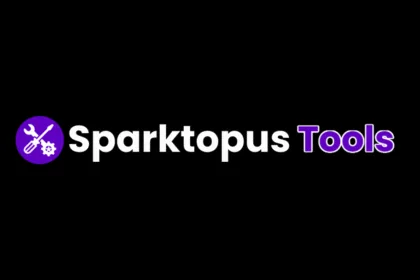Introduction: A New Era for Search and Smart Content
The digital world is transforming faster than ever. Search Engine Optimization (SEO), once the cornerstone of online visibility, is being challenged — and in some cases enhanced — by AI optimization.
- Introduction: A New Era for Search and Smart Content
- 1. Understanding SEO: The Classic Foundation of Online Visibility
- 2. What Is AI Optimization? The Smarter, Data-Driven Evolution
- 3. SEO vs AI Optimization: The Key Differences
- 4. How Google’s AI Changes the SEO Game
- 5. How Businesses Use AI Optimization Today
- 6. Will SEO Still Matter in 2025? Absolutely — But Smarter
- 7. The Advantages of AI Optimization
- 8. SEO + AI Optimization: The Winning Combo
- 9. The Future: Search Engines Powered Entirely by AI
- 10. How Sparktopus Helps Businesses Win the SEO + AI Battle
- Conclusion: The Real Winner — When SEO Meets AI
In 2025, businesses are asking a critical question: Will AI replace traditional SEO, or will the two merge into a more powerful force?
Let’s unpack how these two strategies differ, how they’re evolving, and what your business can do to stay ahead in the search game. You may also like to read: Sparktopus Tools vs SmallSEOTools: Which One Should You Use?
1. Understanding SEO: The Classic Foundation of Online Visibility
SEO has been the driving engine of organic traffic for over two decades. Its purpose is simple — optimize your website and content to rank higher on search engines like Google and Bing.
Traditional SEO involves:
-
Keyword research (finding what your audience searches for)
-
On-page optimization (titles, meta tags, internal links)
-
Technical SEO (site speed, crawlability, structured data)
-
Backlinks and authority building
-
Content relevance and quality
These fundamentals haven’t disappeared — but how they’re implemented is changing dramatically, thanks to AI.
2. What Is AI Optimization? The Smarter, Data-Driven Evolution
AI optimization takes SEO’s foundation and upgrades it with machine learning and automation. Instead of manually testing what works, AI tools analyze thousands of data points in real time to predict what content performs best.
AI optimization includes:
-
Predictive content creation – using algorithms to generate or refine content that ranks.
-
Automated keyword clustering – grouping related keywords for more natural content.
-
Personalized search intent modeling – understanding why a user searches, not just what they type.
-
AI-assisted link building – identifying high-value backlink opportunities automatically.
In short, AI doesn’t replace SEO — it supercharges it.
3. SEO vs AI Optimization: The Key Differences
| Feature | Traditional SEO | AI Optimization |
|---|---|---|
| Approach | Manual and rule-based | Automated and adaptive |
| Speed | Slower adjustments | Real-time analysis |
| Keyword Research | Human-driven | Machine learning powered |
| Content Creation | Manual writing | AI-assisted generation |
| Data Processing | Limited by human capacity | Processes vast datasets instantly |
| Adaptability | Reacts to algorithm updates | Predicts and adapts proactively |
The biggest difference is reaction vs prediction. SEO reacts to trends. AI optimization anticipates them.
4. How Google’s AI Changes the SEO Game
Search engines themselves are becoming more intelligent. Google’s 2025 search algorithm uses multimodal AI, which interprets text, video, and voice all at once.
This means ranking isn’t just about keywords anymore — it’s about context and intent.
For example:
-
A blog with excellent visuals, fast loading speed, and AI-optimized metadata may outrank an older, keyword-stuffed page.
-
Voice search optimization and video summaries now matter as much as meta tags did five years ago.
In essence, AI is making SEO smarter, not obsolete.
5. How Businesses Use AI Optimization Today
In 2025, companies are blending SEO and AI to achieve faster results with less manual effort.
Here’s how forward-thinking brands are using AI optimization:
-
Content Generation: AI tools write outlines, drafts, and even optimize tone and structure for readability.
-
Keyword Forecasting: Machine learning predicts trending search terms before they spike.
-
SERP (Search Engine Results Page) Analysis: AI monitors your competitors in real time.
-
User Experience Optimization: Algorithms test variations of layouts to improve conversion rates.
-
Voice & Visual Search Readiness: AI systems tag and structure multimedia automatically.
These smart systems are not replacing marketers — they’re making them 10x more effective.
6. Will SEO Still Matter in 2025? Absolutely — But Smarter
SEO is far from dead. It’s evolving into AI-powered SEO — a hybrid model where strategy meets automation.
Here’s why SEO still matters:
-
Google still indexes web pages.
-
Links and authority still count.
-
Technical SEO ensures visibility.
-
Human creativity still drives storytelling and engagement.
However, in 2025, doing SEO without AI is like driving with a map instead of GPS — possible, but inefficient.
7. The Advantages of AI Optimization
AI optimization offers several advantages that traditional SEO simply can’t match:
✅ Data-Driven Insights: AI doesn’t guess — it learns from billions of data points.
✅ Real-Time Updates: Algorithms adapt instantly when search behavior changes.
✅ Predictive Trends: AI identifies rising keywords before your competitors.
✅ Personalized Targeting: Content can adapt dynamically to user intent.
✅ Efficiency: What took hours now happens in minutes.
AI makes marketing more precise, adaptive, and scalable — key ingredients for success in 2025.
8. SEO + AI Optimization: The Winning Combo
The best-performing businesses in 2025 aren’t choosing between SEO or AI — they’re combining both.
Here’s how to merge them effectively:
-
Use AI tools for keyword and content insights — but always refine with human judgment.
-
Leverage SEO fundamentals — on-page, backlinks, site speed — as your foundation.
-
Apply AI for personalization — tailor content for users based on behavior.
-
Automate reporting — AI can monitor rankings, backlinks, and engagement automatically.
-
Keep content authentic — Google still rewards originality and expertise.
When you blend SEO’s proven principles with AI’s intelligent automation, you get the best of both worlds — speed and substance.
9. The Future: Search Engines Powered Entirely by AI
By 2025 and beyond, search will look very different. With the rise of AI-driven search assistants like ChatGPT, Grok, and Perplexity, users often get direct answers without visiting multiple pages.
This means your content strategy must adapt. Ranking on traditional search engines is just one piece — visibility within AI-generated responses is the new frontier.
Optimizing for AI means:
-
Structuring your content clearly (headers, summaries, data tables).
-
Using natural, conversational language.
-
Building authority with trusted backlinks and consistent publishing.
10. How Sparktopus Helps Businesses Win the SEO + AI Battle
Sparktopus Tools in 2025 brings the best of both worlds — combining traditional SEO analytics with advanced AI optimization capabilities.
With Sparktopus, businesses can:
-
Track keyword performance with real-time AI feedback.
-
Automate content audits and improvement suggestions.
-
Generate optimized blog posts and marketing copy using AI insights.
-
Improve on-page SEO with predictive keyword clustering.
It’s the perfect platform for entrepreneurs who want to stay ahead without spending hours analyzing spreadsheets.
Conclusion: The Real Winner — When SEO Meets AI
So, which will dominate in 2025: SEO or AI optimization?
The answer is both.
AI is not replacing SEO — it’s evolving it. The future belongs to businesses that understand how to integrate human creativity with AI intelligence.
SEO builds the foundation.
AI makes it faster, smarter, and scalable.
The real winners will be those who adapt, automate, and innovate — and Sparktopus gives you the tools to do exactly that.
🚀 Call to Action
Want to dominate search results in 2025?
👉 Partner with Sparktopus today to combine the power of SEO and AI automation for faster rankings, smarter growth, and measurable success.














